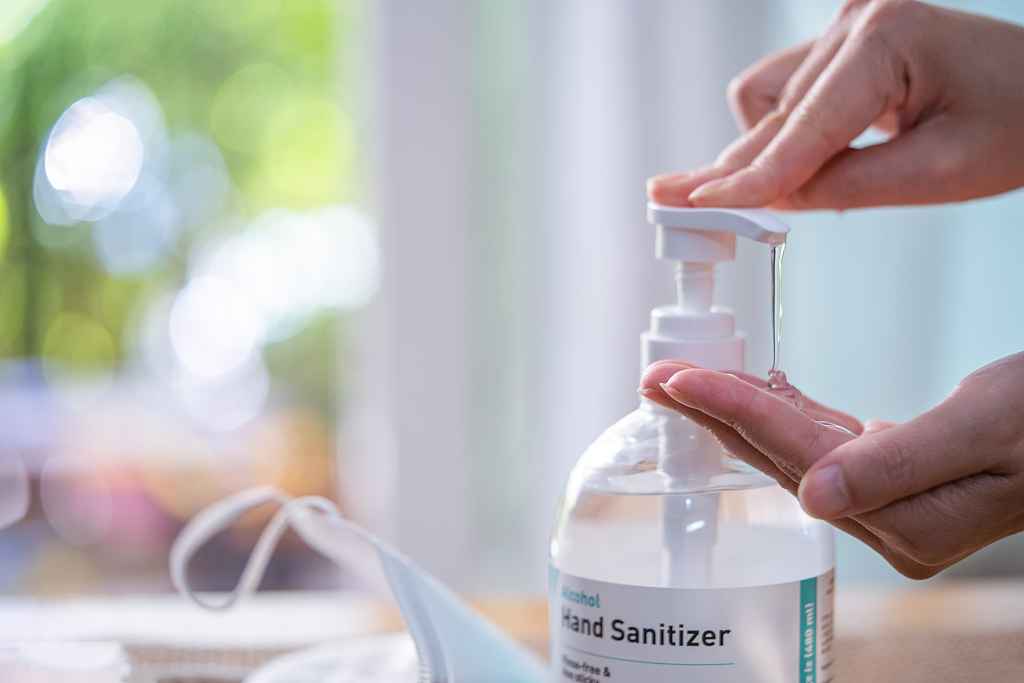
Hand Sanitizer
Hydroxypropyl Methylcellulose (HPMC) is a water-soluble cellulose ether that is commonly used in the formulation of various personal care and pharmaceutical products, including hand sanitizers. Hand sanitizer (also known as hand antiseptic, hand disinfectant, hand rub, or handrub) is a liquid, gel or foam generally used to kill many harmful viruses, fungi, and bacteria.Most hand sanitizers are alcohol-based and come in gel, foam, or liquid form. Alcohol-based hand sanitizers are able to eliminate between 99.9% and 99.999% of microorganisms after application.
Alcohol-based hand sanitizers usually contain a combination of isopropyl alcohol, ethanol, or propanol. Non-alcohol-based hand sanitizers are also available; however, in occupational settings (such as hospitals) the alcohol versions are seen as preferable due to their superior effectiveness at eliminating bacteria.
How useful are hand sanitizers?
They're definitely useful in the hospital, to help prevent the transfer of viruses and bacteria from one patient to another by hospital personnel.
Outside of the hospital, most people catch respiratory viruses from direct contact with people who already have them, and hand sanitizers won't do anything in those circumstances. And they haven't been shown to have more disinfecting power than just washing your hands with soap and water.
Convenient cleaning
Hand sanitizers do, however, have a role during peak respiratory virus season (roughly October to April) because they make it much easier to clean your hands.
It can be challenging to wash your hands every time you sneeze or cough, especially when you are outdoors or in a car. Hand sanitizers are convenient, so they make it more likely that people will clean their hands, and that's better than not cleaning at all.
According to the Centers for Diseae Control (CDC), however, for hand sanitizer to be effective it must be used correctly. That means using the proper amount (read the label to see how much you should use), and rubbing it all over the surfaces of both hands until your hands are dry. Do not wipe your hands or wash them after applying.
Are all hand sanitizers created equal?
It's important to make sure any hand sanitizer you do use contains at least 60 percent alcohol.
It found that sanitizers with lower concentrations or non-alcohol-based hand sanitizers are not as effective at killing germs as those with 60 to 95 percent alcohol.
In particular, non-alcohol-based sanitizers may not work equally well on different types of germs and could cause some germs to develop resistance to the sanitizer.
Are hand sanitizers and other antimicrobial products bad for you?
There is no proof that alcohol-based hand sanitizers and other antimicrobial products are harmful.
They could theoretically lead to antibacterial resistance. That's the reason most often used to argue against using hand sanitizers. But that hasn't been proven. In the hospital, there hasn't been any evidence of resistance to alcohol-based hand sanitizers.
Anxin cellulose ether products can improve by the following properties in Hand Sanitizer:
·Good emulsification
·Significant thickening effect
·Security and stability
| Recommend Grade: | Request TDS |
| HPMC 60AX10000 | Click here |






